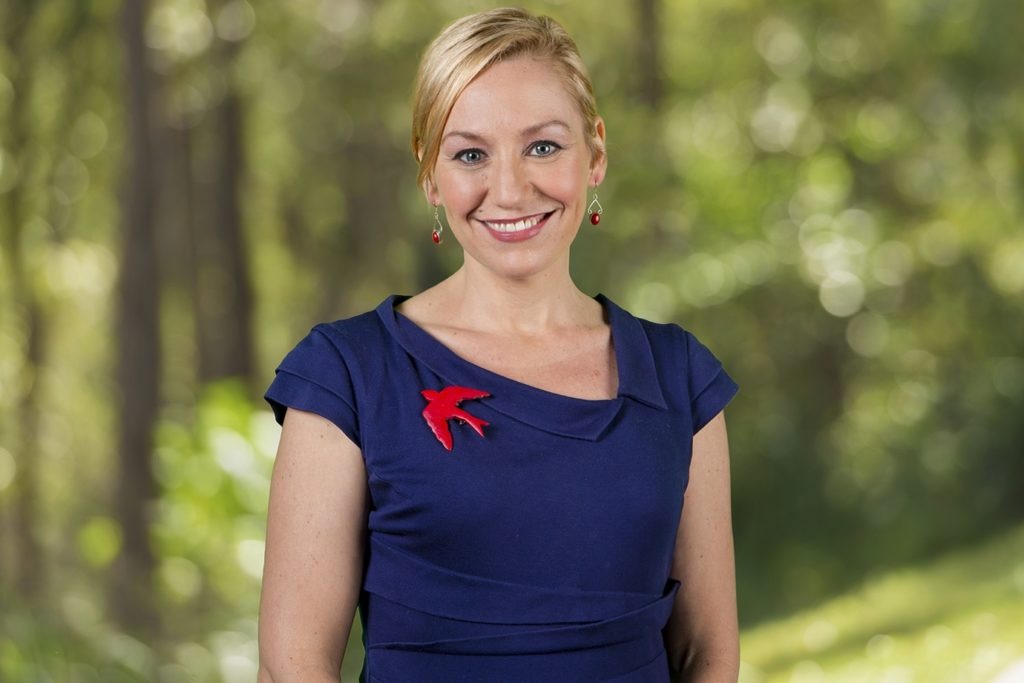The Greens will move to establish a Senate inquiry into abortion access in Australia, looking at what can be done at a federal level to remove barriers, particularly in regional and remote areas.
Senator Larissa Waters announced the push for the inquiry on Wednesday, which also marks International Safe Abortion Day.
Senator Waters said in the aftermath of Roe v Wade in the United States, it is critical Australia looks at abortion access issues, calling for national consistency.
“Access to safe, legal abortion remains a postcode lottery in Australia, with different rules, costs and availability depending on where you live,” Senator Waters said on Wednesday.
“Some people are having to travel for hours at significant expense to access this basic healthcare service.”
The Greens said the inquiry will investigate physical and financial barriers to access to contraceptives, sexual and reproductive healthcare, and termination services. It will also look at how to improve quality and availability of these services, particularly in the regions and remote Australia where access is typically more restricted than in major cities.
“In remote and regional areas, like Townsville and Mackay, many women are forced to travel long distances, at significant expense, to access to sexual and reproductive health services including long-acting contraception, medical and surgical abortions and counselling,” Senator Waters said.
“Abortion remains expensive and inaccessible for many, especially those who already face massive healthcare barriers, including First Nations people and people from culturally and linguistically diverse backgrounds.”
Speaking at a press conference on Monday, Health Minister Mark Butler said the government is committed to looking at how it can improve access to reproductive health services, although it was “not on the agenda right now”.
“It is a commitment in the National Women’s Health Strategy and a number of us, me, the Minister for Women Senator Gallagher, Ged Kearney, the Assistant Minister for Health…have said that we’re committed to that element of the Women’s Health Strategy to raise equity of access to reproductive health services,” Butler said.
“It’s not on our agenda as health ministers quite now, we’re focused right now on COVID and some of the measures going to potentially a national cabinet through the first secretaries’ group. But we’re working internally on how we will progress that element of the National Women’s Health Strategy.”
The push for the inquiry into abortion access comes as a new report from women’s health company Organon reveals that almost 40 per cent of pregnancies in Australia are unintended. Women in rural areas are 1. 4 times more likely to experience an unintended pregnancy, while rates of unintended pregnancies are disproportionately higher for First Nations women and those who are socioeconomically disadvantaged.
The report shows a massive $7.2 billion of direct and indirect costs were incurred in 2020 as a result of unintended pregnancies, which are categorised as pregnancies that are either mistimed or unwanted. According to Organon, the average cost of an unintended pregnancy is $36,384.

